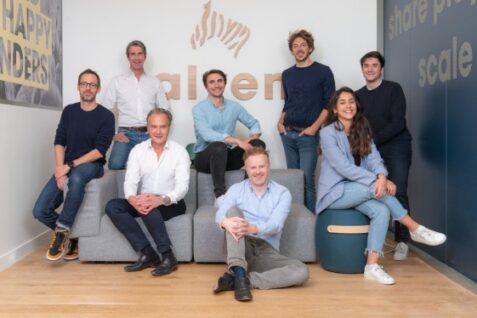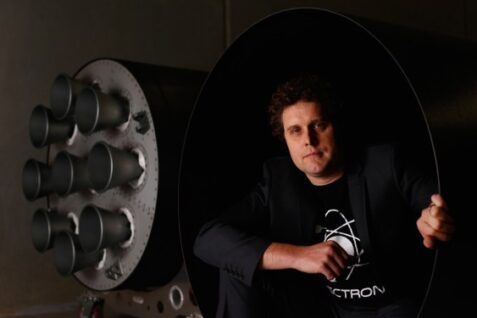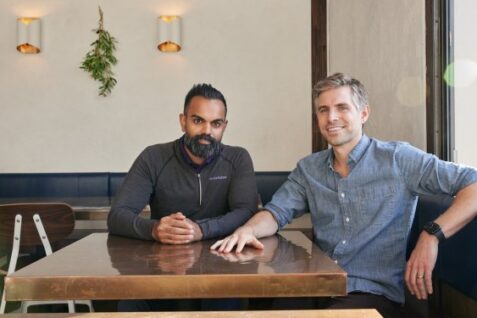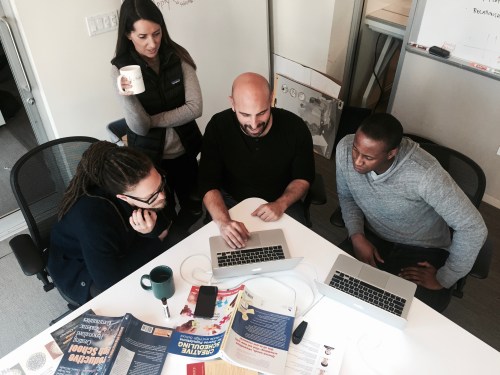
Venture Capitalists Pursue Roll-Up Strategies as The Muse Acquires Fairygodboss
Not every startup reaches its full potential, nor does it have what it takes to survive independently. The harsh truth is that many startups require
Not every startup can reach its full potential or even survive on its own. Venture capital puts a lot of emphasis on startups achieving unicorn status or exiting through an Initial Public Offering (IPO), largely because such successes are crucial for making the venture model work. However, this focus makes it easy to overlook the fact that many companies would see more success if they were acquired or combined with other startups.
The Muse’s Journey to Consolidation
Kathryn Minshew, co-founder and CEO of The Muse, started thinking about consolidation a year ago when her startup had been around for a decade. After a year of floating the idea of consolidation to other targeted recruitment platforms, her company, which helps users find jobs based on company culture and what they value, made its first acquisition.
The Acquisition: A New Era for The Muse
This morning, The New York-based startup announced it has acquired Fairygodmother, a recruitment platform aimed at women and working mothers. The purchase price was undisclosed, and parties declined to comment on it, but a source familiar with the transactions said it was a mix of cash and stock. Fairygodboss is producing about $10 million in yearly revenue, which implies the purchase price was presumably favorable.
The Need for Consolidation in HR Tech
Minshew stated that this will likely be the first transaction of many for The Muse because the recruitment tech space is in dire need of consolidation. "There was a massive inflow into HR tech and the future of work over the last several years that has led to a lot of innovation," Minshew told TechCrunch. "A lot of companies have been founded and have grown, and on one hand, that’s fantastic that there is so much more energy and innovation in the space, but on the flip side, it was creating a situation that was really overwhelming for buyers."
The Problem with Fragmentation
Specifically, there has been an influx of startups looking to help larger companies recruit from specific demographics. To name a few: Jopwell focuses on recruiting Black, Latinx and Native American individuals; The Mom Project is centered around working parents; and RippleMatch targets Gen Z job seekers, among others.
Minshew said that one of The Muse’s main customers works with 37 different recruitment platforms and he’s been told there is no more budget — understandably — to add any others. This implies that many of these startups lose out on potential customers because they operate as separate entities.
A Constellation Approach to Leadership
Minshew explained, "We’re seeing a trend where companies are looking for more comprehensive solutions. They want to work with one partner who can provide them with all the tools and resources they need to succeed in their recruitment efforts." She continued, "That’s why we’re taking a constellation approach to leadership, bringing together multiple companies under one roof to create a more cohesive and effective solution."
The Future of HR Tech: Consolidation and Innovation
As the industry continues to evolve, it will be interesting to see how The Muse’s acquisition strategy plays out. Will other startups follow suit, or will they continue to focus on competing with each other? One thing is certain, though – consolidation is here to stay.
Related News
- Despite VCs investing $75B in Q4, it’s still hard for startups to raise money, data proves
- New York powerhouse VC Insight Partners nabs another $12.5B after $8B in exits
Sign up for our newsletters to get the latest news and trends in startup and venture capital.
This article is part of our coverage on consolidation in HR tech, which can be found here: https://www.techcrunch.com/tag/consolidation-in-hr-tech/























